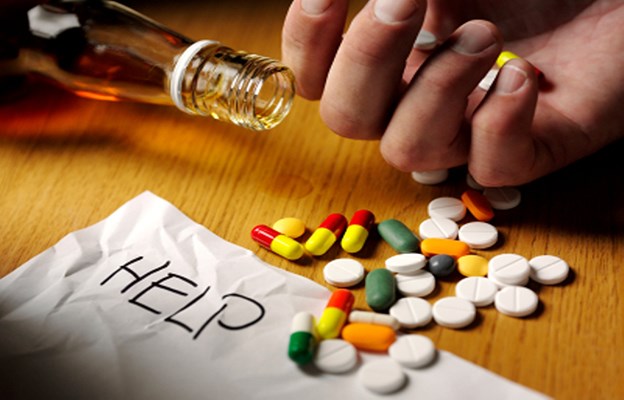
Experts estimate that nearly half of all Americans have a family member or close friend who struggles with addiction. Perhaps you’re even among the one in ten Americans who’s battled at least one type of addiction.
The good news is that the situation is never hopeless — even if it seems that way at times.
No matter which types of addictions you or your loved one is struggling with, recovery is possible. Here are five tips to help you on your journey to optimal health and wellbeing.
1. Know Your Triggers
No two types of addictions are the same, just like no two people are the same. As an individual, you have a specific set of triggers that elicit wrong thoughts or unhealthy cravings.
Some common triggers include:
- Emotional distress
- Toxic relationships
- Certain environments
- Financial troubles
- Family problems
If you haven’t already done so, identify the people, places, and situations that you know trigger your addiction. Then you can create a solid action plan to prepare for or avoid them.
2. Recognize Signs of Relapse
Relapse begins long before you pick up your drink or drug of choice. Before the physical relapse occurs, you first go through an emotional and mental relapse.
First, you mentally return to unhealthy thinking patterns. You may start engaging in compulsive behaviors or seeking out situations where people are using drugs or alcohol. Finally, you give in to defeat and return to your old ways.
When you notice the very first signs of relapse, take immediate action to correct your thinking and behavior.
3. Build Healthy Relationships
Your social circle likely included people who supported or even enabled your addiction. Your dealers, your drinking buddies, or even co-dependent relationships with friends or coworkers can lead you right down that same path again.
A vital part of addiction recovery is replacing those toxic relationships with healthier ones. Surround yourself with people who will exert a positive influence on your life.
4. Go to Rehab
Addiction recovery is seldom possible without professional help. Seek out a 12-step program or an addiction treatment center (in-patient or out-patient) in your area.
Some centers, like Hope Rising Recovery, offer mental health services as well as substance abuse treatment. The best rehabilitation center for you will be the one that’s tailored to your specific addiction.
5. Keep Yourself Busy
Your addiction took a lot of time, so you’ll need to find new and healthy ways to fill your days. Outside of work and family responsibilities, you might consider:
- Playing sports
- Joining a gym
- Learning a new language
- Joining a social club
- Volunteering for a good cause
- Signing up for an art or writing class
- Playing a musical instrument
- Visiting museums in your city
- Spending more time in nature
Choose an activity or hobby that you truly enjoy and you won’t have time to think about your old addiction.
Successful Addiction Recovery: You Can Do It
It may feel like an uphill battle, but many people have achieved full addiction recovery — and you can too!
Put the tips above into practice or share them with a loved one. With enough time and effort, you can take back control of your life and move past your addictions.
Looking for more stellar advice? Check out our latest posts on health and wellbeing for the entire family.